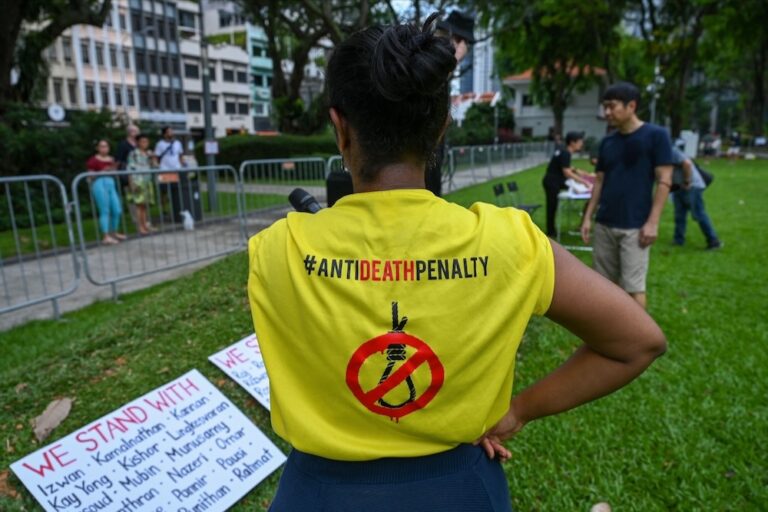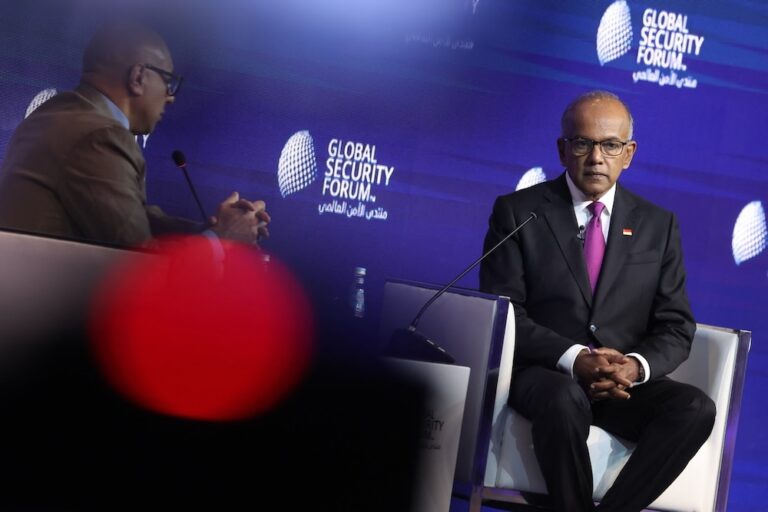(SEAPA/IFEX) – Singapore is reviewing the code that governs competition in the print and broadcast media markets to include new media. First implemented in April 2003, the Code of Practice for Market Conduct in the Provision of Mass Media Services spells out the rights and obligations of “regulated persons” and entities that provide mass media […]
(SEAPA/IFEX) – Singapore is reviewing the code that governs competition in the print and broadcast media markets to include new media.
First implemented in April 2003, the Code of Practice for Market Conduct in the Provision of Mass Media Services spells out the rights and obligations of “regulated persons” and entities that provide mass media services, and sets the ground rules for fair competition.
In a 26 March 2007 statement, the Media Development Authority of Singapore (MDA) said it is reviewing the code to “move beyond the (traditional media) sectors to address changes in the media industry”, referring to the emergence of information and communications technology such as high-definition television and internet-protocol television services.
MDA will also “pro-actively define markets based on the nature of specific cases . . . and initiate steps to define the relevant media market and dominant person so as to form a preliminary opinion and make its analysis available to the relevant parties for their comments”.
While the intention to keep abreast with media convergence and ensure fair play in the market appears reasonable, SEAPA is concerned that the code may be used to further limit media ownership and control media outlets in the authoritarian state notorious for its undemocratic practices and laws.
With freedoms of assembly and expression severely curbed, and the traditional media under complete control of the ruling government, the Internet is a popular channel for expressing dissenting opinions despite government attempts to restrict and control its use by licencing Internet service providers, content providers for locally registered political parties, and websites offering political or religious content.
On top of these measures, during the 2006 general elections, the government barred even the “legitimate” bloggers and website managers from promoting political manifestos and banned the use of Internet technology such as podcasting and videocasting to disseminate political content. In the previous elections, the main opposition party, the Singapore Democratic Party, had used podcasting to deliver its message. Singapore has been ruled by the People’s Action Party since independence in 1959.
The revised code is scheduled to be implemented in the fourth quarter of 2007. Citizens are invited to give their feedback by emailing MDA_ROMC_Comments@mda.gov.sg and concurrently submit their comments in writing before 12:00 p.m. (local time), 7 May.
The MDA establishes development schemes and funding for media projects, sets policy and content guidelines, licences media businesses and individuals, and enforces media laws.


